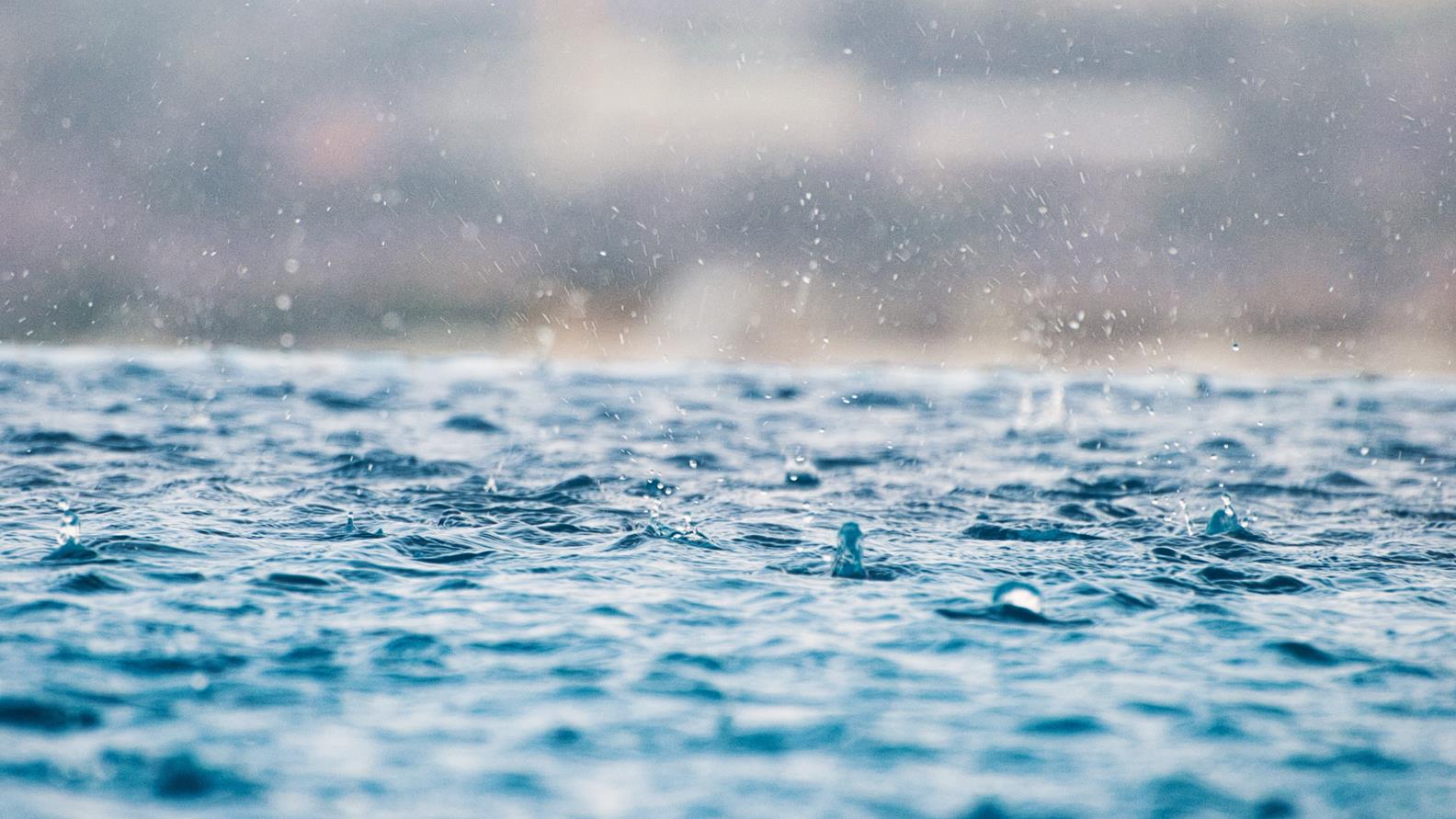Did You Know?
Lyden af vand
Vidste du, at lyden af vand har en stor psykologisk effekt på os? Det virker afslappende og kan endda sænke hjertebanken. Lyden af vand kan påvirke menneskers opfattelse og sundhed.
Kreativitet i brusebadet
Vores bedste ideer kommer ofte, mens vi er i bad. Er dette sandt, eller er det en myte? Undersøgelser viser faktisk, at dette fænomen ikke er en myte. Selv den græske matematiker Archimedes havde en af hans bedste idéer, mens han var i bad. Hans triumferende råb "Eureka!" er stadig meget kendt i dag.
Lad os gå tilbage i tiden ...
Denne effekt kan forklares gennem evolution og føres tilbage til vores tid som primater. Dengang betød pludselige, høje og usædvanlige lyde fare, mens naturlige lyde derimod ikke betød fare. Skrig signaliserede for eksempel tilstedeværelsen af et vildt dyr og skræmte selv dem, der sov. Selv i dag er folk mere tilbøjelige til at blive vækket af uregelmæssige forstyrrelser, såsom ringetoner på en telefon, end af et regelmæssigt støjmønster, såsom lydene fra en motorvej. Den kontinuerlige lyd af vand signalerer således fravær af fare og har en beroligende virkning på os, fordi det drukner anden baggrundsstøj ud.

Water as a trend
The discovery of the effect has now even become a huge trend, as seen by the numerous apps that have embraced it. For example, the app Sleep Cycle, which measures one’s sleep rhythms, plays calming background noises. Spotify and YouTube also offer numerous, hours-long tracks & playlists that feature the sounds of water and are intended to help with falling asleep or increasing one’s concentration.
In doing so, the sound of water, amongst others, is part of the applied trend ASMR. Autonomous sensory medium response describes the phenomenon of the experience of a tickling, pleasant feeling that can be triggered by sounds or other sensory stimulations. Since 2014, an increasing number of videos and sound recordings have been made available online that are supposed to bring about this pleasant feeling. These include, for example, whispering, crunching gravel, the rustling of paper, the tapping of fingers and, of course, all kinds of splashing water sounds.

Water sounds and urban areas
But does water retain its positive effect in combination with other loud noises? Experiments are being conducted in urban spaces, since the noise of traffic is pre-programmed in these areas. The question that some researchers are asking themselves is: can the pleasant sounds of water neutralise the unpleasant sounds of traffic?
The answer is a resounding yes! Even that is possible, up to a certain extent. After all, the more pleasant the splashing, the more pleasant the overall situation is.

The diving reflex
And this is by far not the only feature: contact with water has also been demonstrated to have a positive effect on human beings. It is called the “diving reflex” and it can especially be observed in new-borns. As soon as the skin of the face is immersed under water, the breathing stops, the heartbeat slows and the circulation of blood is centralised. This reaction is triggered by a stimulation of the so-called parasympathetic nervous system in the human nervous system. This causes a reduction of the oxygen supply to organs that are important for survival so that we can stay under water for longer. This effect is even applied specifically to help with panic attacks.

Here, the face is sprayed with water or immersed in a bowl of water for a few seconds in order to slow the heartbeat. Also, when floating on the surface of the water, more active brainwaves are slowed and theta brainwaves allow a meditative state of calm.
Wherever you look, water continues to surprise us with its impressive effects on our senses. It is not only essential for life; it also make a vital contribution to the health and well-being through its influence on the senses.




